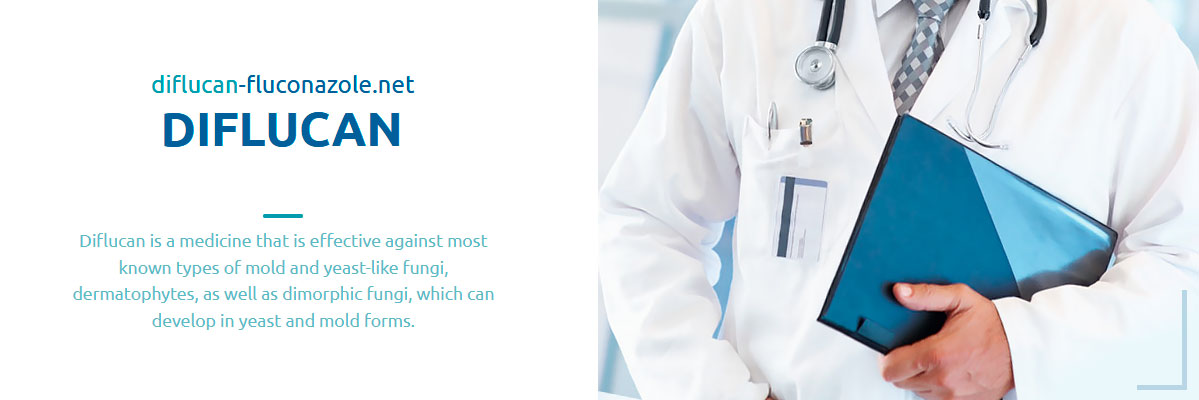Pregnancy for any woman is a special stage that heralds a new branch of life, full of new joys, anxieties, worries, and happiness. But this is also a complete, enormous responsibility for the future – one’s own future and the future of the child. Especially if a woman has any health problems that can somehow affect the course of pregnancy, intrauterine development of the fetus, and the health of the baby. Pregnancy and psoriasis – what anxiety does this “combination” cause in the expectant mother?
Pregnancy is characterized by many physiological changes in the body of the expectant mother. From the beginning to the very end of the gestational period, especially in the presence of a chronic disease, both the mother and the child become vulnerable to a variety of external and internal adverse factors. Chronic diseases of a woman, her use of certain medications, and other factors can have a far from harmless effect on the development of the fetus. The course of pregnancy in women with one form or another of psoriasis can be complicated by both pathological changes caused by the disease and the means used to treat it.
Direct risks
There is some relationship between some autoimmune, inflammatory diseases, including psoriasis, with the risk of miscarriage, premature birth and low birth weight. This fact is due to the inclusion of cells of the immune system in the process of pathological development of the disease, as well as the concomitant stimulation of the production of anti-inflammatory cytokines, hormone-like proteins that provide intercellular interactions. A large amount of these substances causes endothelial dysfunction, which leads through the induction of platelet aggregation, activation of blood coagulation processes and intermittent vasospasm to placental and systemic vasculopathies .
The pregnancy-psoriasis combination for many women can mean the presence of frequent stresses associated with chronic skin disease. Constant nervous tension can affect the psycho-emotional state of a woman, entails depression, alcohol abuse, smoking, and rapid weight gain. These factors, of course, can affect the development of the fetus in the most unpredictable, but always negative way, provoke the development of various pathologies, diseases, deformities.
Indirect risks
Psoriasis is often accompanied by concomitant systemic diseases such as obesity, diabetes mellitus, diseases of the endocrine, cardiovascular and nervous systems, metabolic syndrome. Such conditions, as well as the drugs used to stop them, cannot but affect the development of the fetus.
For example, arterial hypertension is directly related to miscarriage , the risk of premature birth, placental insufficiency, low or too high birth weight perinatal mortality. The drugs used to treat this condition can cause physical abnormalities and deformities in the fetus.
Pregnancy, psoriasis , plus diabetes mellitus is also the reason for the likely development of numerous diseases of the child, including congenital malformations, fetal macrosomia , and postpartum hypoglycemia. Obesity, which often affects pregnant women with psoriasis, is associated with the likelihood of high fetal weight, the risk of premature birth, and a low Apgar score (assessment of the condition of the newborn).
In addition to the above factors, the use of many drugs for the treatment of psoriasis by the expectant mother can lead to undesirable options for the development of events. Therefore, in order to avoid any complications, it is necessary to inform the dermatologist and the gynecologist leading the pregnancy as soon as possible about your condition.
The magnitude of the effect of psoriasis on pregnancy and fetal development can vary. In order to reduce the risk of developing any negative consequences for herself and the unborn child, a woman should pay special attention to both her lifestyle in general and methods of treating psoriasis and related diseases.
